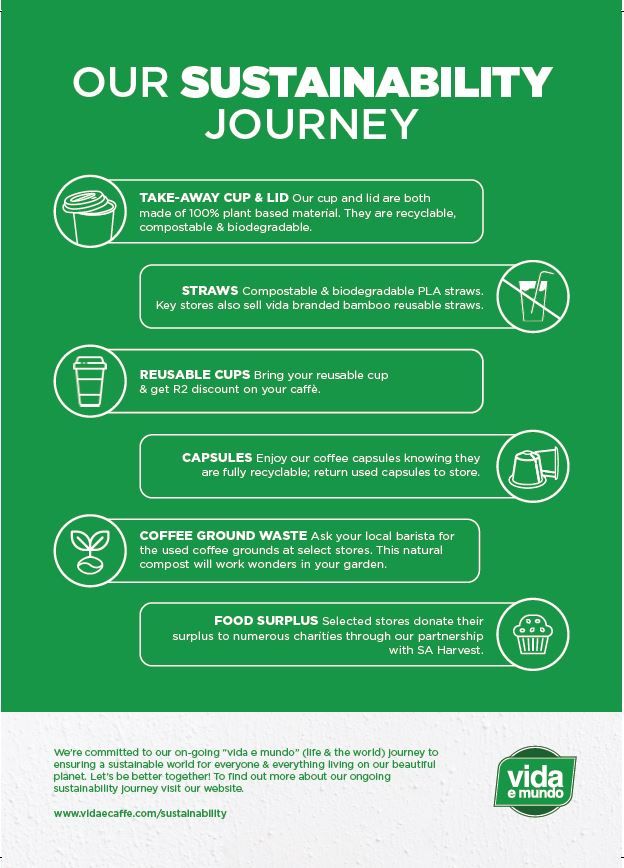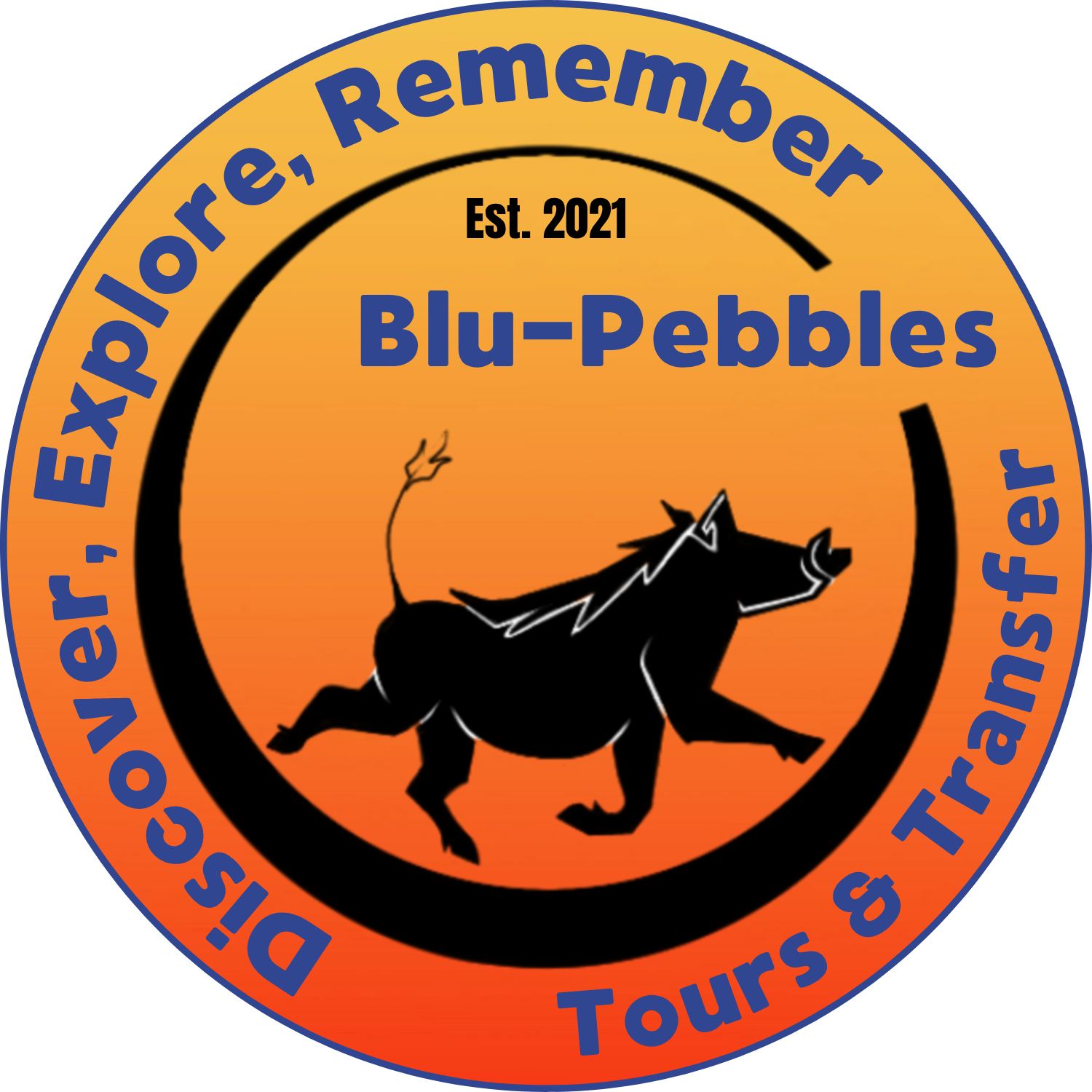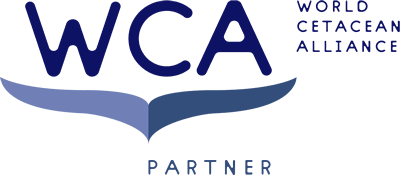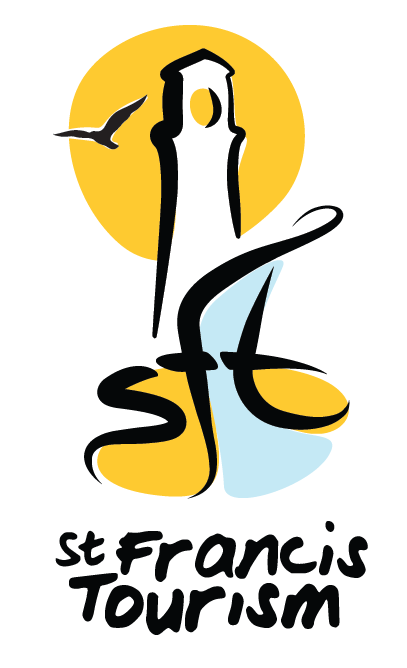Spekboom Whale Community Project
THE PLANTING OF A SPEKBOOM WHALE ON MARINE DRIVE IN FRONT OF CITY LODGE.
A CELEBRATION OF ALGOA BAY BEING DECLARED A WHALE HERITAGE SITE On 16 June 2021
and promoting sustainable tourism

Thank you to ORB Signs for the sponsored signage

Nelson Mandela Bay Tourism (NMBT) in conjunction with Raggy Charters and the Baywatch Project invites all organisations who made up the Whale Heritage Site Steering Committee and their members that supported our campaign to have Algoa Bay declared a Whale Heritage Site, to join us on Saturday 13th November at 9am, to build a full sized 14m whale. Members of the public are also welcome. The Baywatch Project has been growing hundreds of Spekboom cuttings during the last three years. All you need to bring is a spade and potting soil if you have. Algoa Bay was declared a Whale Heritage Site on the 16th June 2021.
Our partner Vida e Caffé will also be involved as this is a project close to their company ethos. They are on a journey and committed to an on-going “vida e mundo” (life & the world) journey to ensuring a sustainable world for everyone & everything living on our beautiful planet. Let’s be better together! This initiative speaks to their commitment to help communities and the environment. Vida will also be sponsoring their sustainable 100% biodegradable take away cup for the Spekboom cuttings and they will be giving away a R50 vida voucher to the first 25 participants on the day to spend at any vida store.
The Baywatch Project, which is funded by Raggy Charters, has been doing critical marine conservation for 30 years in Algoa Bay and led the Whale Heritage Site initiative. Spekboom was chosen as it has the best carbon fixing abilities of any plant on the planet. Besides the Spekboom whale, the project rehabilitates wetlands in the Eastern Cape and plants at least one tree for every marine cruise undertaken.
The Whale Heritage Sites (WHS) are an initiative of the World Cetacean Alliance (WCA). They are a global network of outstanding places where local communities celebrate, respect and protect cetaceans and their habitats.
The WCA declared Algoa Bay as the world’s 5th WHS as it had gone a long way to empower and defend the right of local communities to care and protect whales and dolphins through a collaborative management partnership. The site showcases a community and their relationship with the ocean by encouraging respectful human-cetacean coexistence – celebrating cetaceans in local culture, arts and events, supporting local economic and environmental sustainability; and developing locally based science, research and education.
For the tourism industry, WHS provide a clear marker to help and support SUSTAINABLE practices and create a platform for communities to engage with marine culture, heritage and biodiversity.
WHAT IS SUSTAiNABLE TOURISM?
During March 2021 the European Travel Commission publicised the results of a three-year study to develop national approaches that advance sustainable tourism. Tourism arrivals have increased 21-fold during the past 20 years and it simply cannot carry on at this rate unless it becomes sustainable. Before the Covid pandemic, the all-important economic and employment benefits had become less so when trying to understand the environmental costs that are brought about by tourism growth were taken into consideration. Our own SANParks were battling to keep up with tourism demands. In congested areas the local communities were discouraging tourists, as the impact on the environment was being felt by them.
In this post-pandemic period with tourism starting up again, the Eastern Cape, as well as the rest of South Africa, needs to be fully committed to developing more sustainable forms of tourism. Raggy Charters and the Baywatch Project have been practicing sustainable tourism for 30 years. This year alone we brought “Welcoming the Whales Festivals” to 25 destinations in Southern Africa. Just prior to Covid we had travelled to and extended this model to Brazil, Argentina, Chile, Australia, New Zealand and Tonga, much of the Southern Hemisphere.
With sustainable tourism people improve their lives in ways that do not impact negatively on the environment and benefit us all in years to come. Environmental, economic and social factors must be planned so as to minimize the damage caused by tourists and yet maximising the benefits. We have seen how important tourism has been for the economic growth of the Eastern Cape. There have been large investments in both terrestrial and marine environment which has led to their protection. If this is not done sustainably, it can lead to a loss of natural spaces and biodiversity. The overstocking of some game reserves and the subsequent drought has had disastrous effects on the vegetation, which may never recover. Luckily, we have sound environmental laws governing close encounters with whales and dolphins; these laws have proven to be very sustainable.
While Covid brought a sudden halt to tourism, climate change and the loss of biodiversity is being far more destructive and requires our immediate attention. These are the exact issues that are presently being discussed at the COP26 United Nations Climate Change Conference in Glasgow. Let us have a look at this in more detail.
EARTH OVERSHOOT DAY is the day every year on which we have used up nature’s budget for the year. Everything else that we use after that will be an environmental debt to be paid back by future generations. In 2019 and 2021 it was reached on the 29th July, which is the earliest on record.
The effects of CLIMATE CHANGE such as extreme weather patterns, the retreating of glaciers and the rise in sea level, bleaching of coral reefs and less snow at ski resorts, are already being felt in the tourism industry. This is driven by air pollution from tourism airline, marine and terrestrial travel as well as carbon emissions during the building and operation of tourism accommodation and attractions. To reverse climate change we need to reduce carbon emissions associated with the tourism industry and use less fossil fuels while making use of sustainable alternatives. Planting trees is but one way of offsetting our carbon footprint.
The continuous LOSS OF BIODIVERSITY threatens our own survival. This is driven by habitat destruction caused by the expanding infrastructure needed for the ever-increasing number of tourists. Healthy ecosystems are the foundations of our economies and our livelihoods. They feed us, keep us healthy and maintain our quality of life. Recently proclaimed Marine Protected Areas along our coastline as well as terrestrial reserves are absolutely vital. We also need to reduce the amount of plastics, pesticides and other poisons that are used far too frequently and pollute entire ecosystems.
We now have an OPPORTUNITY to do something. Prior to Covid the world saw the impact of a massive increase in tourism. We simply cannot return to the norm and a RESPONSIBLE RECOVERY is what is needed. We now have the opportunity to implement sustainable tourism and become stronger and more viable than ever. Tourists no longer merely want to relax or take tours during their vacations. They want to know that the destinations they are heading to have operators that are practicing sustainable tourism and not tokenism!
Nelson Mandela Bay Tourism urges all its members to make sure that the products they offer conform to the requirements of a sustainable tourism destination. Remember that International Tourism Organisations, and especially the European ones, are looking at us through a magnifying glass. They themselves need to be certified as promoting sustainable tourism, so if we are not going to conform they will simply look at promoting other destinations that are. If any of our members would like assistance in making your operation more sustainable NMBT are ready and willing to assist.
A BIT MORE ABOUT Vida e Caffé's Biodegradable cup
We had a wonderful turnout on Saturday morning, 13th November 2021, in order to plant our Spekboom whale. People arrived armed with spades and potting soil and got stuck in. Thanks to all the sponsors who made this happen, especially City Lodge with their sarmies and drinks and Vida e caffe who dished out R50 vouchers to the first 25 participants. Thanks to artist Ursula Browne who designed the whale. This will be an ongoing project and we will add more and different plants and hopefully some lights with the help of Bay Electrical.






















































